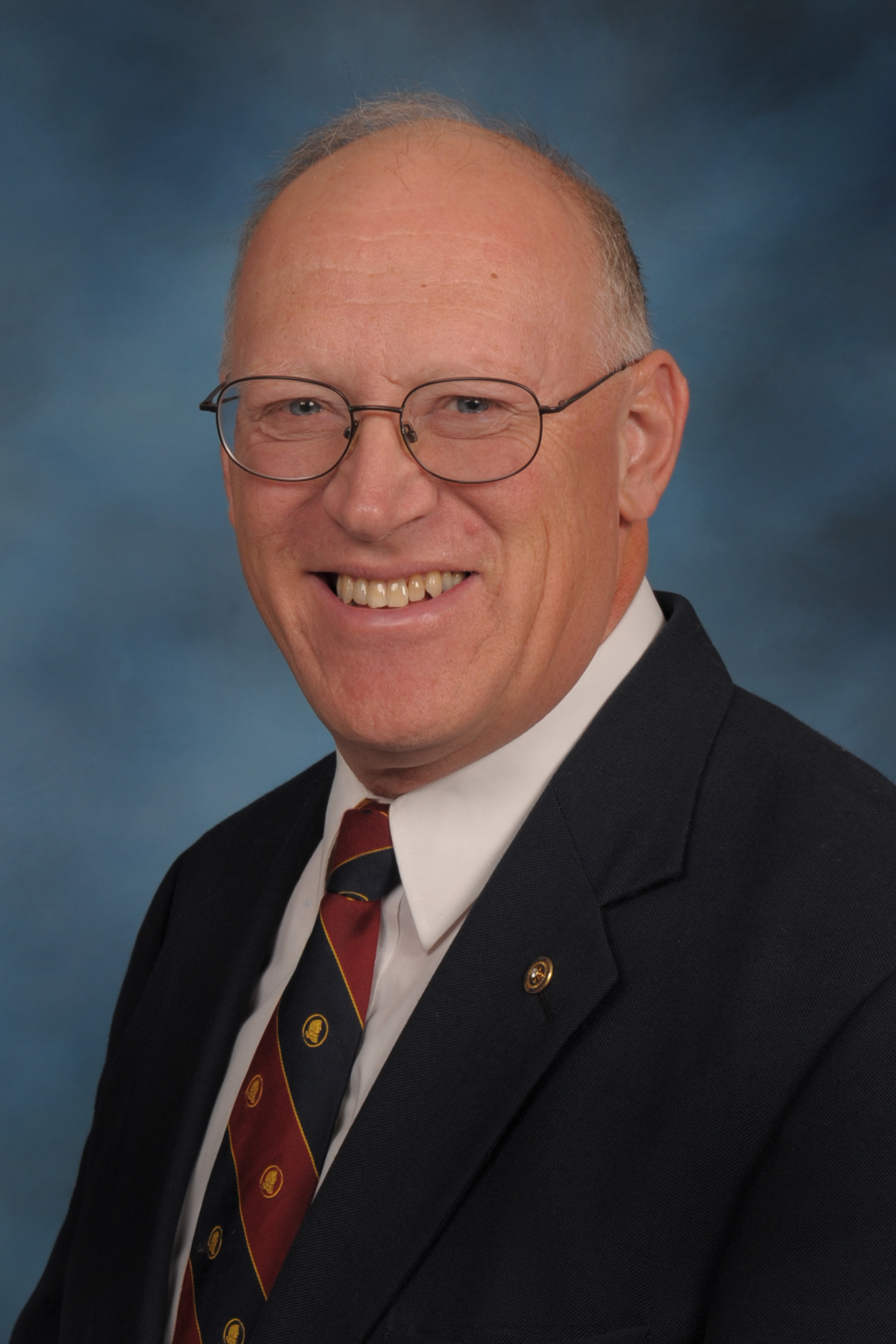From a dugout to data. From cowboying to customer service. From grassland to global food. Those terms describe the progression of a remarkable family ranching enterprise located in rural southwest Kansas. It’s today’s Kansas Profile.
 Mark, Greg and Garth Gardiner and their families operate Gardiner Angus Ranch in Clark County, Kansas. They have deep roots and rich heritage in the Kansas cattle business.
Mark, Greg and Garth Gardiner and their families operate Gardiner Angus Ranch in Clark County, Kansas. They have deep roots and rich heritage in the Kansas cattle business.
In 1885, the Gardiners were among the families who came to southwest Kansas by covered wagon. They lived in a dugout for nine years on their homesteaded 160 acres where their son Ralph was born in 1889. In the 1920s, Ralph put together the Gardiner ranch which was passed on to his son Henry and wife Nan after Henry graduated from Kansas State.
Henry and Nan’s sons Mark, Greg and Garth also went to K-State and came back to the family ranch. Henry passed away in 2015. His grandsons are the fifth generation in the operation.
Henry Gardiner was an innovator. He was a leader in using artificial insemination and embryo transfer to improve beef cattle production. The next generation of the family would embrace and accelerate that trend.
Today, the ranch has grown to include 48,000 acres and more than 2,000 cows, plus another 4,000 head of customer cattle. The Gardiners partner extensively with other producers. “We have a nice synergy with our customers,” Mark said.
The Gardiners are among the nation’s leading producers of Angus seedstock. “Genetics is our business,” Mark said. The family has worked tirelessly to select and breed bulls and cows with the genetics to achieve ideal production standards.
The process is incredibly scientific compared to earlier days. The Gardiners have kept production performance data on their cattle since the 1960s. They now calculate numeric expected progeny differences on such factors as carcass weight, marbling, ribeye area, calving ease, docility, quality pounds, and more. These numeric values are posted for each breeding animal in their sales.
“I make better cattle today than I ever have,” Mark said.
The Gardiners now conduct four breeding stock sales annually at the ranch. At their first sale in 1980, their bull sale prices averaged around $1,200. At the September 2018 sale, the top selling cow sold for $65,000. Such a cow isn’t just turned out to pasture. She will likely be bred and flushed for embryos that will be transferred to other cows so as to maximize high quality production.
“Our business philosophy is to produce the right product to help our customers meet their goals,” Mark said. Those customers have come from more than 35 states from Florida to California, and as far away as Russia, Uruguay, Brazil, Australia, Kazakstan and beyond. It’s an impressive record for cattle producers near the rural community of Ashland, population 867 people. Now, that’s rural.
By 2014, the Gardiners’ cattle sales had outgrown their existing facilities. A new marketing center was constructed which included a 700-seat sales arena which is linked electronically to the adjoining dining hall. In the entryway is a fascinating exhibit of a timeline showing the history of the U.S. and the development of Gardiner Angus Ranch, along with a touching display of Henry’s saddle, buckle, hat and boots.
In honor of their parents, the boys named it the Henry and Nan Gardiner Marketing Center. In honor of their alma mater, the center is colored K-State purple.
Beyond that, the Gardiners have supported scholarships for students and the annual Henry C. Gardiner Global Food Systems Lecture Series which brings innovative thought leaders to speak about world food issues at K-State.
For more information, see www.gardinerangus.com.
Through decades of development, the Gardiners have continually improved their cattle performance while serving their customers. We commend Mark, Greg and Garth Gardiner and their families. They are making a difference in helping advance ranching through relationships.
And there’s more. Even as breeding stock performance was being improved in the 1990s, there was a challenge in that higher quality beef was not being rewarded in the cash commercial market. Mark Gardiner took on that challenge with a new producer-led organization. We’ll learn about that next week.
Audio and text files of Kansas Profiles are available at http://www.kansasprofile.com. For more information about the Huck Boyd Institute, interested persons can visit http://www.huckboydinstitute.org.
